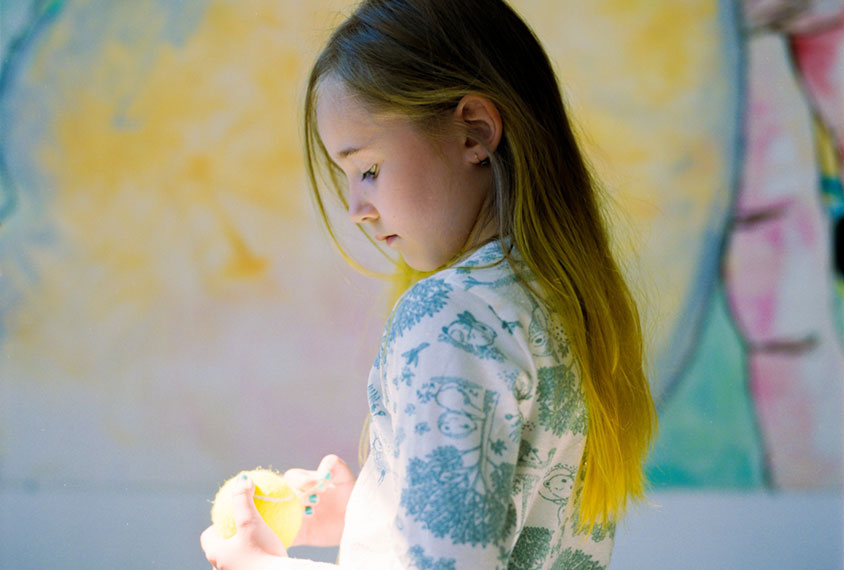Svetlana Bulatova was born in 1991. She is a graduate specialist in historical studies. Svetlana proceeded to develop her interest in social studies and various communities through documentary photography. Studied at Faculty of Photojournalism and Academy documentary photography and photojournalism Fotografika (St.Petersburg). Svetlana has developed her practice in international programs: Danish School of Media and Journalism and NOOR-Nikon visual journalism workshop «Developing your Transmedia & Long-term Project» (Bayeux, France).
In 2018 Svetlana joined to “Women Photograph” organization.
Svetlana’s works were published in National Geographic (USA), The Calvert Journal, EEP Berlin, Scena9, Roads & Kingdoms, Here Magazine, The Morning Calm, Russian Reporter, Takie Dela, Zapovednik, The Paper and among others. She works individually focused on long-term projects. Since 2016 Svetlana has been working in North Caucasus.
Currently lives and works in St.Petersburg.

Svetlana Bulatova
Photographer
From this contributor
Inside a summer camp for autistic children in Russia
Photographs show how a camp in St. Petersburg this summer helped children on the spectrum and their families find some fun during the pandemic.

Inside a summer camp for autistic children in Russia
Explore more from The Transmitter
Lack of reviewers threatens robustness of neuroscience literature
Simple math suggests that small groups of scientists can significantly bias peer review.

Lack of reviewers threatens robustness of neuroscience literature
Simple math suggests that small groups of scientists can significantly bias peer review.
Dendrites help neuroscientists see the forest for the trees
Dendritic arbors provide just the right scale to study how individual neurons reciprocally interact with their broader circuitry—and are our best bet to bridge cellular and systems neuroscience.

Dendrites help neuroscientists see the forest for the trees
Dendritic arbors provide just the right scale to study how individual neurons reciprocally interact with their broader circuitry—and are our best bet to bridge cellular and systems neuroscience.
Two primate centers drop ‘primate’ from their name
The Washington and Tulane National Biomedical Research Centers—formerly called National Primate Research Centers—say they made the change to better reflect the breadth of research performed at the centers.

Two primate centers drop ‘primate’ from their name
The Washington and Tulane National Biomedical Research Centers—formerly called National Primate Research Centers—say they made the change to better reflect the breadth of research performed at the centers.